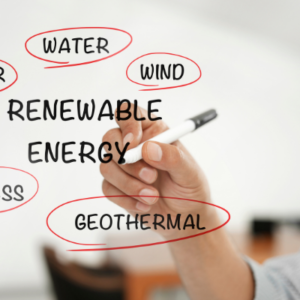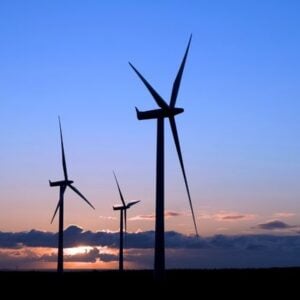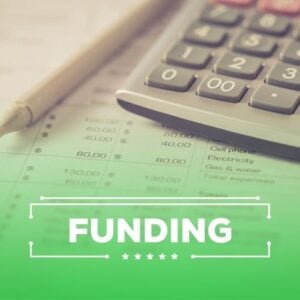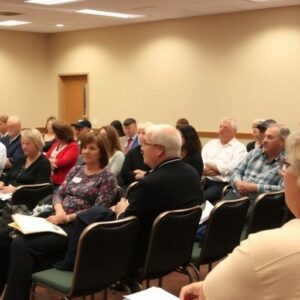West African countries are pushing ambitious plans for renewable energy and clean cooking initiatives, but insufficient financing threatens to derail these efforts. The ECOWAS Sustainable Energy Forum (ESEF 2025), held from September 18 to 19 in Banjul, Gambia, spotlighted the region’s commitment to an accelerated energy transition, with priorities including electric mobility, green hydrogen, and clean cooking. Despite these bold plans, securing adequate funding remains a critical challenge, particularly for off-grid solutions.
Between 2010 and 2020, West Africa attracted only $4 billion in renewable energy investments, representing less than 8% of Africa’s total, according to the International Renewable Energy Agency (IRENA). Solar photovoltaics dominated with 62% of investments, far ahead of wind (16%) and small hydro (10%). Nigeria received 21% of total flows, while the rest was divided among Senegal, Mauritania, Ghana, Sierra Leone, and Burkina Faso. This uneven distribution highlights structural weaknesses that could hinder the region from achieving its ambitious energy targets.
Data from the World Bank underscores the gap between aspirations and reality. In 2023, electricity access across ECOWAS averaged 61.6%, but only 32.1% in the Alliance of Sahel States (AES) countries—Burkina Faso, Mali, and Niger. Access to clean cooking is even more limited, averaging 19.9% across ECOWAS and just 8% in AES countries, with Cabo Verde and Côte d’Ivoire as exceptions. Most countries fall significantly short of United Nations Sustainable Development Goal 7, which aims to ensure affordable, reliable, sustainable, and modern energy for all.
ESEF 2025 showcased several innovative approaches to renewable energy and off-grid electrification. However, experts warn that without substantial and sustainable financing, many initiatives risk remaining pilot projects or policy recommendations. The Regional Off-Grid Electrification Project (ROGEAP), supporting the off-grid solar market, illustrates the urgent need for targeted investments to expand access and turn West Africa’s renewable energy ambitions into reality.







